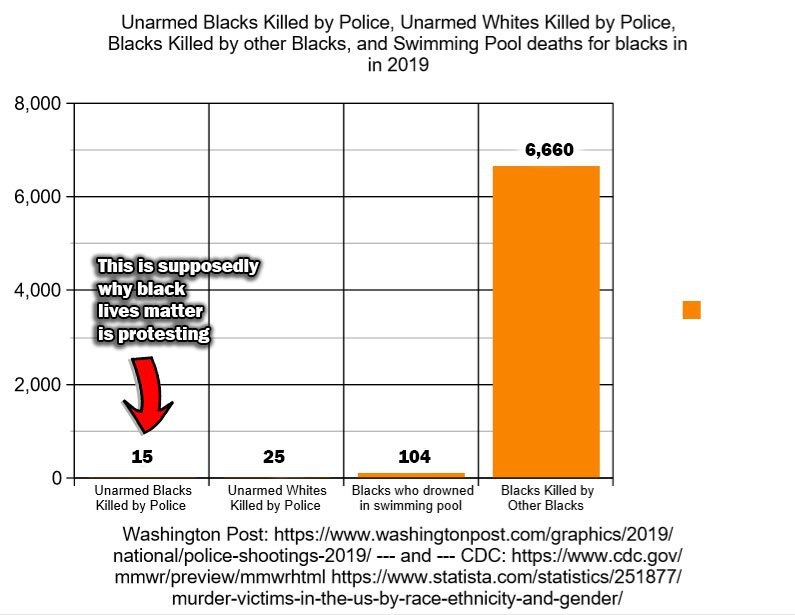Procedure With Police If You Have A Concealed Gun
- As a permit holder, interactions are usually limited to getting pulled over for a traffic stop, and this is exactly how you should handle it:
- Pull over, put your vehicle in park and shut off the motor.
- Stay in the vehicle; never get out unless instructed to do so.
- Lower the window, turn off the radio, turn on the dome light if it’s after dark and put both hands on the steering wheel.
- The first word out of your mouth should be “Officer,” as in “Officer, how can I help you?”
- If he or she asks if you know why you’ve been pulled over, the best answer is, “Officer, no I don’t.” (If you say yes, you are admitting to a violation.)
- Whether or not you are required to immediately inform police that you are legally carrying a firearm varies by state.
- If you choose to or must disclose this info, how you say it matters. NEVER say, “Officer, I have a gun.”
- Instead, keep your hands on the wheel and say, “Officer, before I reach for my wallet, I just want to let you know that I’m a legal permit holder and I’m carrying today. How do you want to handle that?”
- Then simply follow instructions, completely and slowly.
- Police and POC
2016 Crime In The US By Race
15 Unarmed Blacks Shot By Police in 2019 vs 25 White
https://www.washingtonpost.com/graphics/2019/national/police-shootings-2019/
18 U.S.C. § 242 – Depravation of Rights
18 U.S.C. § 242 is a federal statute in the United States that makes it a crime for any person acting under color of law to willfully deprive another individual of any rights, privileges, or immunities protected by the Constitution or laws of the United States. This typically applies to actions taken by government officials, including law enforcement officers, who violate individuals’ civil rights.
The law addresses abuses of power by public officials and aims to protect individuals from rights violations based on race, color, or other protected statuses. Violations can lead to both criminal penalties and civil lawsuits against the offending officials.

